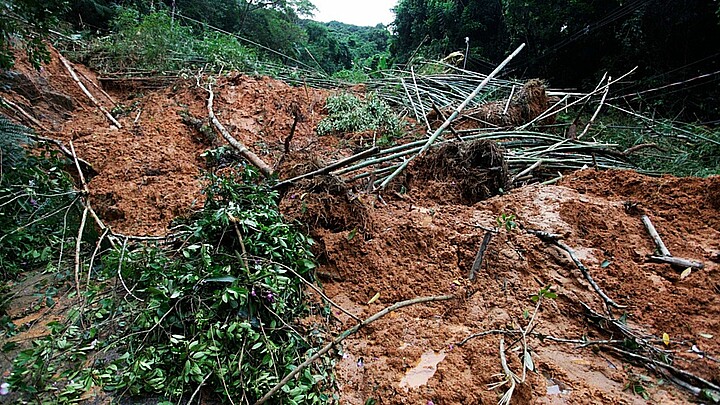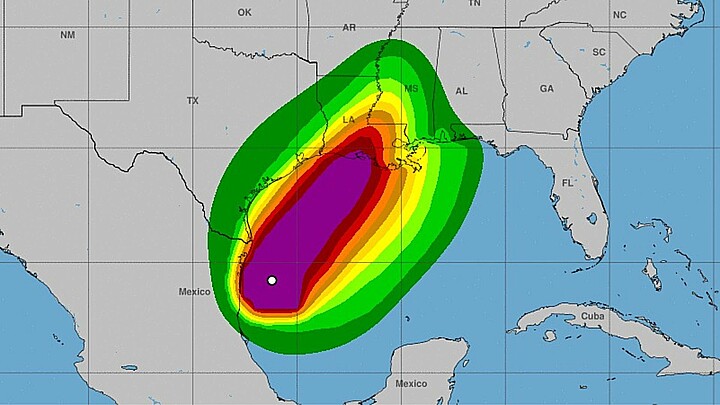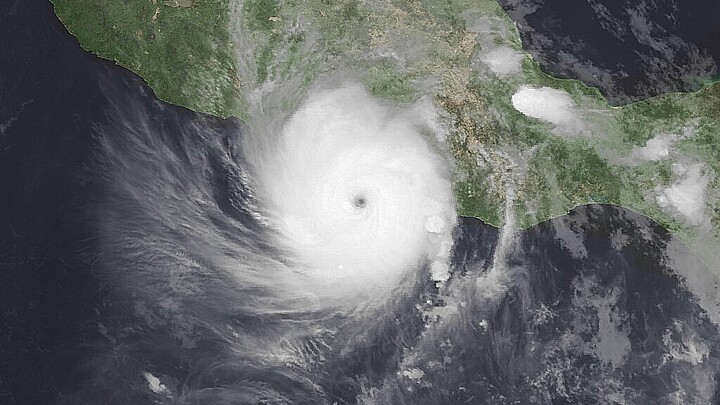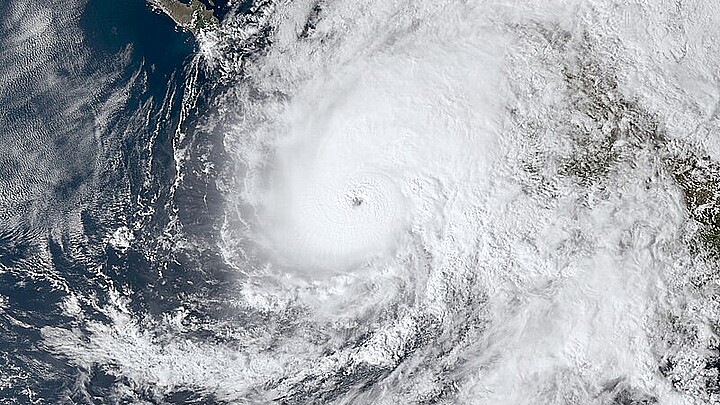Climate
Mexico investigates mysterious death of 157 howler monkeys
Organizations involved in the protection of the species point to the heat wave as the cause of the deaths, while federal entities seek to rule out possible viruses or diseases
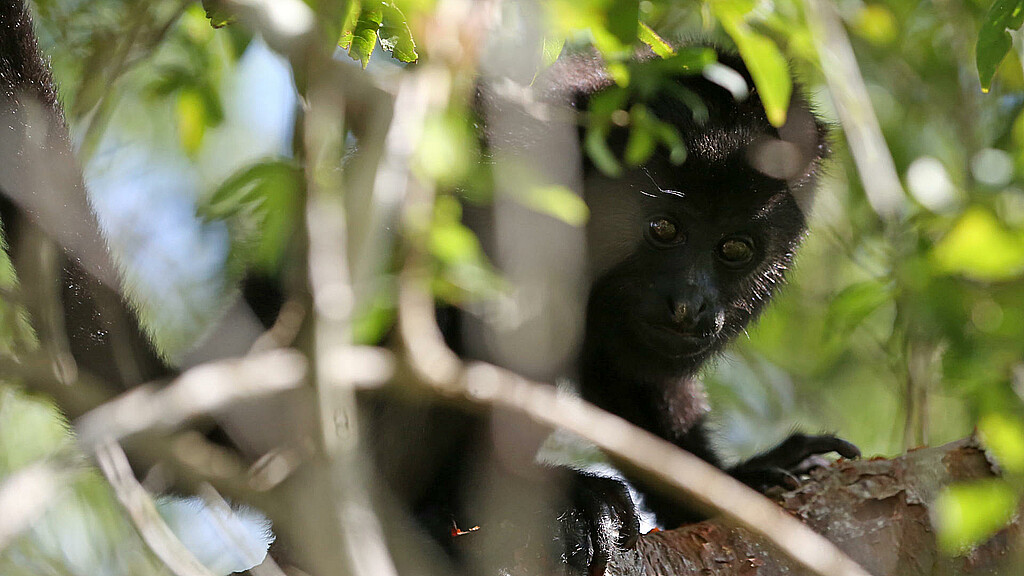
May 27, 2024 2:43pm
Updated: May 28, 2024 8:59am
The Mexican government, through its Ministry of Environment and Natural Resources (SEMARNAT), confirmed this Sunday the death of 157 howler monkeys in the states of Tabasco and Chiapas and said that it carries out "various preventive actions to prevent more monkey deaths.
Organizations involved in the protection of the species point to the heat wave as the cause of the deaths, while federal entities seek to rule out possible viruses or diseases.
"According to the official report of the Federal Attorney for Environmental Protection (PROFEPA) as of May 22, there are 157 confirmed deaths: 125 in Tabasco in the municipalities of Cunduacán, Comalcalco, Jalapa, Cárdenas and Centro, and 32 in Chiapas in the municipalities of Juárez and Pichucalco," said SEMARNAT in a statement distributed to the media on May 26.
In the municipality of Comalcalco “nine specimens of the saraguato monkey were sheltered in the mobile unit established to help this species,” added the secretariat.
The agency reported that last Friday the federal environmental sector visited the municipalities of Cunduacán and Comalcalco, “places where more than 80% of the deaths reported in Tabasco are recorded” and where, it said, it works with the communities through different actions, including the installation of drinking fountains for wildlife.
On Saturday, following health protocols under the coordination of PROFEPA, “specialists and the community released seven specimens, which were already in good health, to be reintroduced to their habitat again.”
Currently, SEMARNAT stated, “one specimen with dehydration is under medical surveillance. It is expected that, once recovered, it will also be released.”
Meanwhile, in the municipality of Cunduacán, 12 specimens are under medical care, three of which are in a delicate but stable condition and to ensure their rehabilitation they are permanently cared for under the corresponding protocols.
SEMARNAT explained that it works in coordination with the different federal, state and municipal governments, academia and society, as well as with the support of a body of veterinarians to address this emergency. Also, he said that the corresponding efforts are being carried out jointly to have a central mobile unit in the facilities of the Juárez Autonomous University of Tabasco.
In addition, "a protocol is developed for the immediate care of primates by the communities, organized civil society and government agencies in the territory, as well as to monitor and care for the species and its habitat."
He recalled that the National Agri-Food Health, Safety and Quality Service (SENASICA) "is carrying out analysis of samples taken from the affected specimens to know precisely the causes of death" and called on the population so that, in the event of finding monkeys with possible effects, or dead, do not handle them directly and immediately notify local or federal authorities.
Last Friday, SEMARNAT said that different authorities carried out a tour of the Cholula and Cacaotera Haciendas, with the presence and on-site care of monkeys, as well as the mobile clinics of the organization Conservation of the Biodiversity of Usumacinta (Cobius) Cunduacán and Comalcalco, and private lands also with the presence of monkeys, in the state of Tabasco.
It was precisely Cobius that a week ago reported the death of at least a hundred of these specimens.
Meanwhile, in the municipality of Cunduacán, 12 specimens are under medical care, three of which are in a delicate but stable condition and to ensure their rehabilitation they are permanently cared for under the corresponding protocols. SEMARNAT explained that it works in coordination with the different federal, state and municipal governments, academia and society, as well as with the support of a body of veterinarians to address this emergency.
Also, he said that the corresponding efforts are being carried out jointly to have a central mobile unit in the facilities of the Juárez Autonomous University of Tabasco. In addition, "a protocol is developed for the immediate care of primates by the communities, organized civil society and government agencies in the territory, as well as to monitor and care for the species and its habitat."
He recalled that the National Agri-Food Health, Safety and Quality Service (SENASICA) "is carrying out analysis of samples taken from the affected specimens to know precisely the causes of death" and called on the population so that, in the event of finding monkeys with possible effects, or dead, do not handle them directly and immediately notify local or federal authorities.
Last Friday, SEMARNAT said that different authorities carried out a tour of the Cholula and Cacaotera Haciendas, with the presence and on-site care of monkeys, as well as the mobile clinics of the organization Conservation of the Biodiversity of Usumacinta (Cobius) Cunduacán and Comalcalco, and private lands also with the presence of monkeys, in the state of Tabasco.
It was precisely Cobius that a week ago reported the death of at least a hundred of these specimens.

